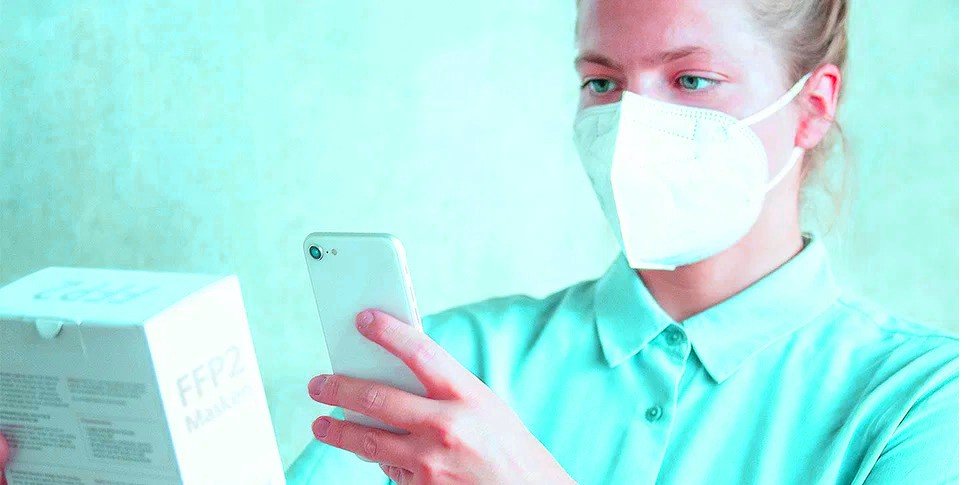In today’s increasingly digital age, the battle against counterfeit pharmaceuticals has taken a significant leap forward with the advent of SmartID, a revolutionary barcode system designed to empower smartphone users in the fight against fake medicines. This innovative technology not only enhances the security of the global pharmaceutical supply chain but also provides consumers with a convenient and reliable tool to verify the authenticity of their medications, ensuring their safety and well-being. With SmartID, the power to combat counterfeit drugs is now in the hands of every smartphone user, ushering in a new era of healthcare security and transparency.
When shopping for drugs and medical equipment online, it can be difficult to distinguish authentic products from counterfeit ones. The SmartID system addresses this issue by incorporating a barcode technology that is difficult to fake.
According to research by MedicalXpress, it grants individuals the ability to verify product validity via a smartphone, even in the absence of a database connection, provided that the producer implements SmartID.
The creation of SmartID was the successful culmination of a collaborative effort between institutes that are part of the Fraunhofer organization. The practical version of the system will be presented during the MEDICA 2023 convention, which will take place in Dusseldorf, Germany, from November 13 to 16.
Read More: New Study Shows Human Input on Public Service AI Can Increase Citizen Acceptance
SmartID Detecting Counterfeit Medicine

According to projections made by the World Health Organization (WHO) for the year 2020, roughly one in ten of the drugs that can be purchased online are fraudulent. This comprises a broad range of items, including essential medicines such as chemotherapy therapies, pain relievers, and a great many others. Lifestyle medicines, such as those that help people lose weight or promote hair growth, are also included in this category.
SmartID is a technology that was developed by the Fraunhofer Institutes for Applied Polymer Research IAP, for Secure Information Technology SIT, and Open Communication Systems FOKUS. Its purpose is to give end users the ability to verify the legitimacy of products such as medications and other goods.
Dr. Tobias Jochum, the project coordinator stationed at the Fraunhofer Center for Applied Nanotechnology CAN in Hamburg, observed that SmartID gives stakeholders along the supply chain the ability to validate products carrying a SmartID code directly via a smartphone while operating totally offline.
Standard smartphone cameras are able to record the distinctive surface roughness of all types of packaging, which is analogous to a human fingerprint. He underlined the need to make use of this information.
The digitization of information regarding the surface texture is at the heart of this system. This data is then converted into a barcode and printed onto the product’s packaging. After that, the SmartID app is used to check if the data extracted from the surface texture and the information that was recorded in the barcode are consistent with one another.
Making the barcode more compact and reducing the amount of space required to compare surface textures are two essential aspects of the development of SmartID. The group is attempting to make this process more efficient by utilizing cutting-edge materials, such as quantum materials, which enable the detection of a greater number of details on a smaller area.
SmartID 3 Years in the Making
For the past three years, the research team’s primary focus has been on developing an optimal labeling method. Strong interest in utilizing SmartID has been expressed by many different industries, including interior design, mechanical engineering, printing, and even the medical area, particularly those involved in the production of protective products like masks.
As the technology continues to advance, discussions regarding licensing options for SmartID have begun. In addition to this, they have formed a partnership with Evia Research GmbH to demonstrate the potential utility of SmartID within the fashion business. They are especially interested in employing it as a means of protecting one-of-a-kind objects that include distinct surface textures.
“With SmartID, everyone in the supply chain can verify and authenticate a product that carries a SmartID code directly via a smartphone-offline, i.e., without having to connect to a database,” according to Jochum.
Read More: Nextbase Introduces the iQ Smart Dash Camera Powered by AI.


